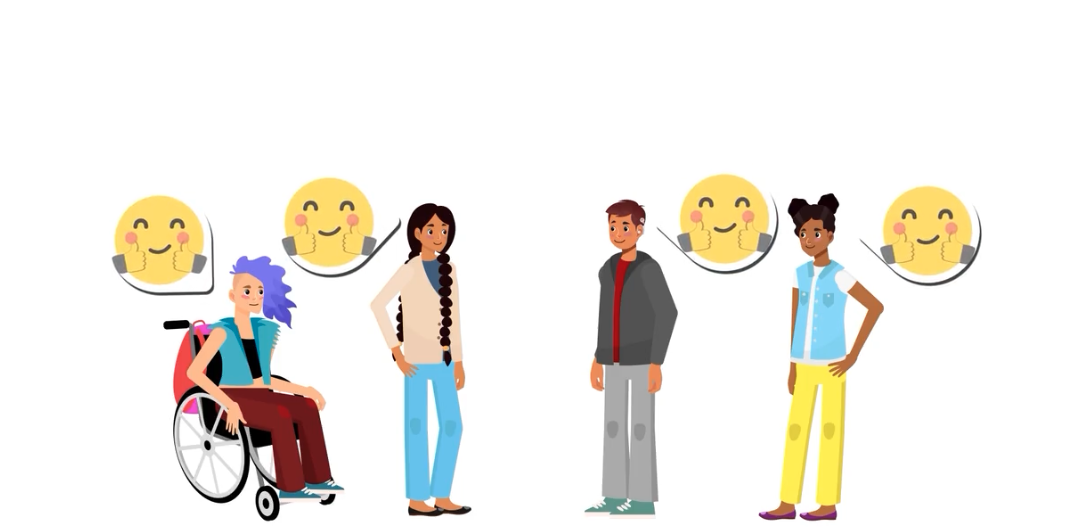Introduction
In a world where everyone has unique strengths and weaknesses, it’s essential to celebrate our differences and foster an environment of empathy and understanding. For educators working with students in special education, it’s crucial to create inclusive spaces where everyone feels respected and valued. This blog post will explore an exciting no-prep activity, discussion questions, related skills, and next steps to help educators encourage empathy and celebrate differences in the classroom.
No-Prep Activity: The “Strengths and Challenges” Circle
This activity requires no preparation or materials, making it easy to implement in any classroom setting. The goal is to encourage students to recognize and celebrate their strengths and challenges, as well as those of their peers.
- Have students sit in a circle.
- Ask each student to share one strength and one challenge they have.
- Encourage students to listen carefully to their peers and try to understand how they might feel about their strengths and challenges.
- After everyone has shared, discuss the importance of empathy and respecting differences.
Discussion Questions
- Why is it important to celebrate our differences and not compare ourselves to others?
- How can we show empathy and understanding towards others who have different strengths and challenges?
- Can you think of a time when someone showed empathy towards you or when you showed empathy towards someone else? How did it make you feel?
- Why is it essential to respect and appreciate people’s differences, regardless of their abilities, culture, or gender?
- How can we create an inclusive and welcoming environment in our classroom?
Related Skills
While celebrating differences and fostering empathy are essential skills, there are other related skills that can help students in special education develop a strong social-emotional foundation. These skills include:
- Active listening: Encouraging students to listen carefully and attentively to their peers, demonstrating respect and understanding.
- Effective communication: Teaching students how to express their thoughts and feelings in a clear, respectful manner.
- Conflict resolution: Helping students learn how to resolve conflicts peacefully, respecting the perspectives and feelings of others involved.
- Resilience: Building students’ ability to bounce back from challenges and setbacks, recognizing that everyone experiences difficulties at times.
Next Steps
Celebrating differences and fostering empathy are essential skills in special education, and incorporating these principles into your teaching can help create a more inclusive and supportive environment for all students. To further explore these skills and access free sample materials for your classroom, sign up for free samples at Everyday Speech. By integrating social-emotional learning principles into your teaching, you can help students develop a strong foundation for personal growth and success.






